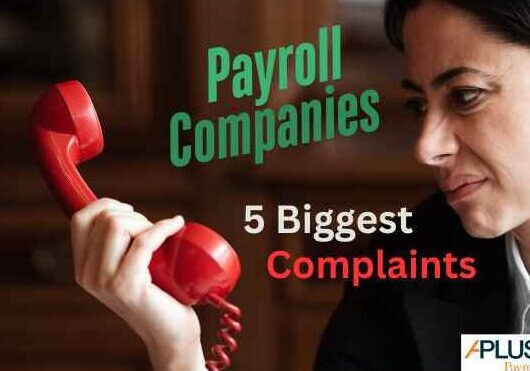How Can I Leverage My Payroll Provider’s Expertise for Staying Updated on Regulatory Changes?
by Paul Devlin

As an HR manager, you’re no stranger to the complex and ever-changing landscape of labor laws and tax regulations. Regulatory compliance isn’t just a box to tick—it’s a critical part of your role that safeguards your organization from penalties, lawsuits, and damaged reputations. But how do you stay on top of it all, especially when regulations are constantly evolving?
The Importance of Regulatory Compliance
Regulatory compliance is crucial for several reasons. First and foremost, it helps protect your organization from legal repercussions, such as fines and penalties. Second, it maintains your company’s integrity and reputation. Non-compliance can lead to negative publicity, affecting your relationship with employees, customers, and stakeholders. Lastly, it ensures fair treatment of employees, which can boost morale and productivity.
Tips to Mitigate Non-Compliance Risk
Navigating the complexities of compliance can be daunting, but these actionable tips can help:
Stay Informed: Regularly review updates from official government websites, subscribe to HR newsletters, and participate in webinars or workshops.
Train Your Team: Ensure your HR team is well-versed in the latest regulations. Regular training sessions can keep everyone updated.
Document Everything: Maintain meticulous records of all your HR activities. This could be invaluable if you need to prove your compliance in an audit.
Implement Compliance Software: Use HR software that can track changes in laws and generate compliance reports automatically.
The Role of a Reliable Payroll Provider
Despite your best efforts, keeping up with regulatory changes can be overwhelming. This is where a reliable payroll provider comes in. By outsourcing your payroll operations, you can leverage their expertise and resources. They can handle the complexities of payroll processing, freeing up your time to focus on strategic HR initiatives.
Key Features of an Effective Payroll Provider
When choosing a payroll provider, consider the following features:
Up-to-Date Knowledge: Your provider should always be abreast of the latest labor laws and tax regulations. They should proactively update their systems to reflect these changes.
Audit-Ready Reports: The ability to generate comprehensive, audit-ready reports is critical. This not only helps during audits but also provides valuable insights into your payroll operations.
Excellent Customer Support: A good provider offers prompt and knowledgeable customer support. They should be able to answer your queries and resolve issues quickly.
Data Security: Given the sensitive nature of payroll data, your provider must follow stringent security measures to protect your data.
Regulatory compliance is a critical aspect of HR management that can’t be overlooked. By staying informed, training your team, maintaining records, using compliance software, and partnering with a reliable payroll provider, you can navigate the complex compliance landscape with confidence. Remember, the right payroll provider isn’t just a vendor—they’re a partner in your HR success story.



